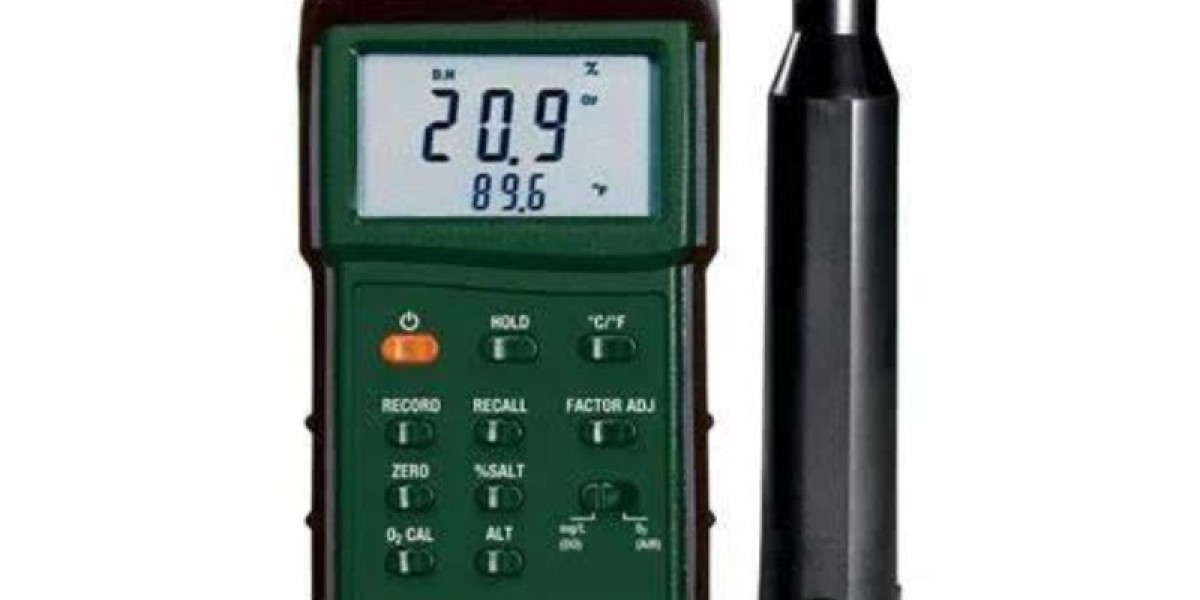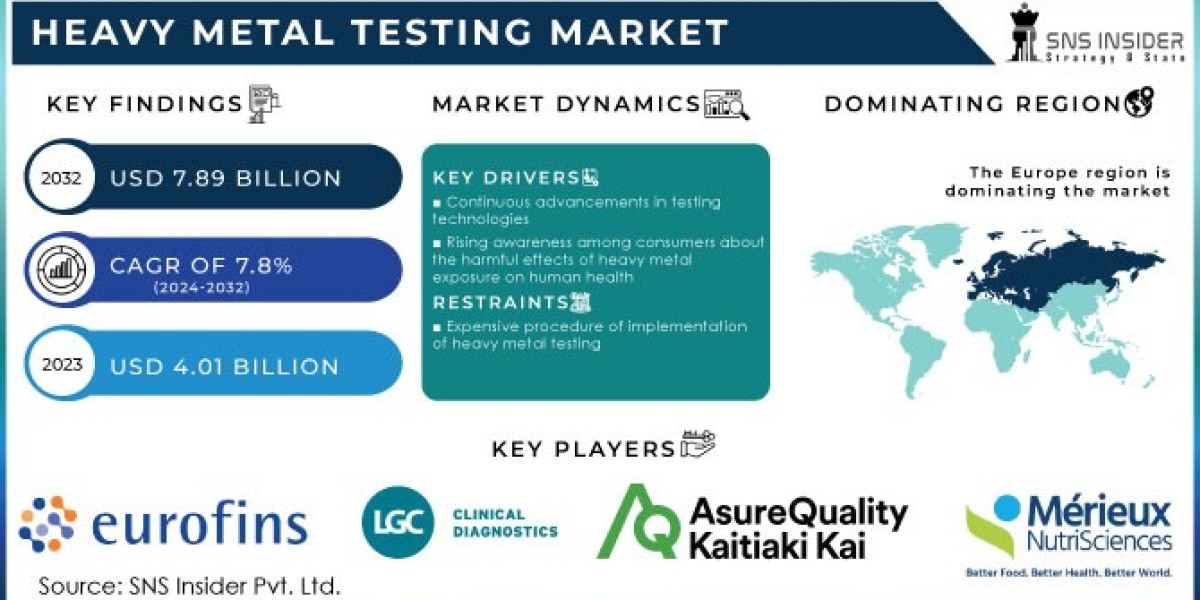DO meters are commonly used in aquaculture, wastewater treatment, and environmental monitoring to ensure optimal conditions for biological processes, improve operational efficiency, and minimize resource wastage.
The Importance of DO Measurement
Dissolved oxygen is critical for a wide range of biological and chemical processes. In industries like aquaculture, maintaining the right oxygen levels in water is necessary for the health of aquatic organisms. In wastewater treatment facilities, dissolved oxygen supports the aerobic bacteria that break down organic waste, which helps in purifying water before it is released back into the environment.
Without proper monitoring of DO levels, industries could face environmental contamination, inefficient operations, or even harm to aquatic life. A DO meter provides real-time data, ensuring that oxygen levels remain within the required range to support these processes, thereby preventing the adverse effects of oxygen depletion, such as the death of fish or the ineffective breakdown of pollutants.
Enhancing Efficiency in Industrial Operations
For industries that rely on biological processes, maintaining optimal DO levels can significantly improve efficiency. For instance, in the treatment of wastewater, when oxygen levels are too low, microorganisms fail to degrade contaminants properly. On the other hand, excessive oxygen can lead to unnecessary energy consumption. By utilizing a DO meter, operators can monitor and adjust oxygen levels precisely, reducing both energy costs and the need for chemicals. This fine-tuning results in better treatment outcomes, lower operational expenses, and a more sustainable approach to resource management.
Supporting Sustainability Goals
Sustainability is a growing priority in today’s industries, driven by the need to reduce environmental impact and conserve resources. DO meters play a pivotal role in achieving these goals. By providing accurate readings, these meters help industries optimize oxygen usage, minimizing waste and energy consumption. For example, in aquaculture, efficient oxygen management ensures that resources are not overused, promoting healthier fish stocks and reducing the ecological footprint of the operation.
In wastewater treatment, proper oxygenation enhances the microbial digestion of organic materials, allowing for a faster and more efficient cleaning process, which reduces the need for additional chemical treatments. By promoting more efficient and sustainable practices, DO meters directly contribute to industries’ environmental stewardship efforts.
Real-time Monitoring and Data Integration
Modern DO meters offer more than just basic measurements. Many devices come equipped with advanced features like data logging, remote monitoring, and integration with automated systems. This allows operators to monitor oxygen levels continuously and receive alerts if they deviate from the desired range, ensuring timely intervention. The integration of these devices with other process management tools can further enhance operational control and facilitate the implementation of best practices across industries.
Conclusion
As industries become increasingly aware of the need to optimize operations while preserving the environment, the role of DO meters has never been more significant. By providing accurate, real-time data on dissolved oxygen levels, these meters help businesses across various sectors improve efficiency, reduce resource consumption, and meet sustainability goals. Investing in high-quality DO meters not only benefits industries economically but also supports the broader efforts toward environmental conservation and responsible resource management. In a world where every drop of water and every breath of oxygen counts, the use of DO meters is a smart step towards a more sustainable and efficient future.










